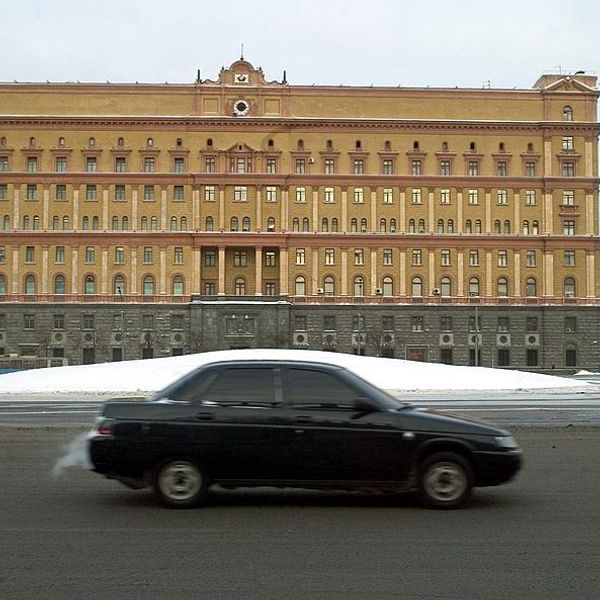OPINION: The eyes of an intelligence officer are trained to look for what a person’s behavior uncovers about his or her motivations and aspirations, which can then help predict future behavior.
Watching the president’s recent actions regarding North Korea—his desperation to meet in person with Kim Jong Un, his fulsome praise for the dictator at the summit, the text of the joint statement that he agreed to sign, and his comments to the press afterward—reveals three big things about his approach to foreign policy at the highest level, and one unsettling moment of honesty about the reality of responsibility in Trumpworld.
First, it reveals the president is not operating on principle, but solely on the basis of transactional relations that he thinks will make him look good.
Neither the summit’s joint statement nor the president’s comments afterward emphasized any of the ethical considerations traditionally undergirding US policy toward the barbaric North Korean regime, things like democracy and human rights. The president called a man “very open” and “very honorable” who—among many other horrors—has ordered his own brother assassinated with a nerve agent and has starved literally millions of his own people as the opportunity cost of spending untold amounts on garish military parades.
The president instead focused on how he has sized Kim up as trustworthy and what great prospects for development await across the DMZ. “They have great beaches,” the president said. “I said, boy, look at that view. Wouldn’t that make a great condo?” He added, “You could have the best hotels in the world right there.”
It doesn’t take a trained intelligence officer to see that his personal negotiating strategy in international affairs boils down to two main factors: how something looks in real estate terms, and how the photo opportunity would make him feel. This approach has come a long way from Ronald Reagan’s principle-based view of America as a “shining city upon a hill, whose beacon light guides freedom-loving people everywhere.”
Second, it reveals the president either doesn’t know, or doesn’t care about history.
He calls the Singapore meeting a“historic” event. And it is, in that a US leader and a North Korean leader have not met in person previously. In that way, it’s a historic win for the desperately-seeking-recognition North Korean regime, not for the American side.
The meeting is most decidedly not historic, however, in the way that matters: results. The President’s intelligence reports may have told him (but maybe he did not internalize their judgments) that vague pledges like the ones in this new joint statement have been acquired before. Many times. North Korea has pledged denuclearization more than half a dozen times in the last twenty-five years.
Most recently, in the Six-Party Talks in 2005, the North Koreans “committed to abandoning all nuclear weapons.” Now, in 2018, North Korea “commits to work toward complete denuclearization of the Korean Peninsula.” That’s not a historic development; if anything, it’s a half-step back.
History has proven all too often that even presidents eager to learn and absorb history’s lessons can make costly blunders in foreign policy. Those lacking interest in what has gone before generally fare even worse. And this president’s disregard for history leaves him open to exploitation by foreign governments—like, say, North Koreans who know their own pattern of duplicity quite well.
Third, it reveals the president isn’t the deal maker he claims to be.
It’s shocking that a president so hell-bent on forcing linkage across topics and issues when it came to one nuclear deal (Iran) has proven so completely dismissive of any linkage in the very next nuclear deal (North Korea). By unilaterally pulling out of the Iran deal, despite consistent evidence of Iranian compliance of its measures, he has undermined a pillar of international negotiations: confidence that the United States will keep any deal it does make. Certainly his treatment of long-time allies during and after the G-7 summit reinforce concerns about US credibility.
And did the president really tell Kim he’s canceling U.S. military exercises with South Korea, without getting anything tangible in return? Any foreign government paying attention will learn that simply allowing this man to believe that he’s an historic figure—doing something that the previous President didn’t do—will get them a long way, probably without having to take any firm steps up front.
But the most revelatory moment about the president? That came in his post-meeting press conference, when he stated in the clearest terms yet, his attitude toward truth and responsibility. “I may be wrong, I mean I may stand before you in six months and say, 'Hey I was wrong,'" the president declared. "I don't know that I'll ever admit that, but I'll find some kind of an excuse."















